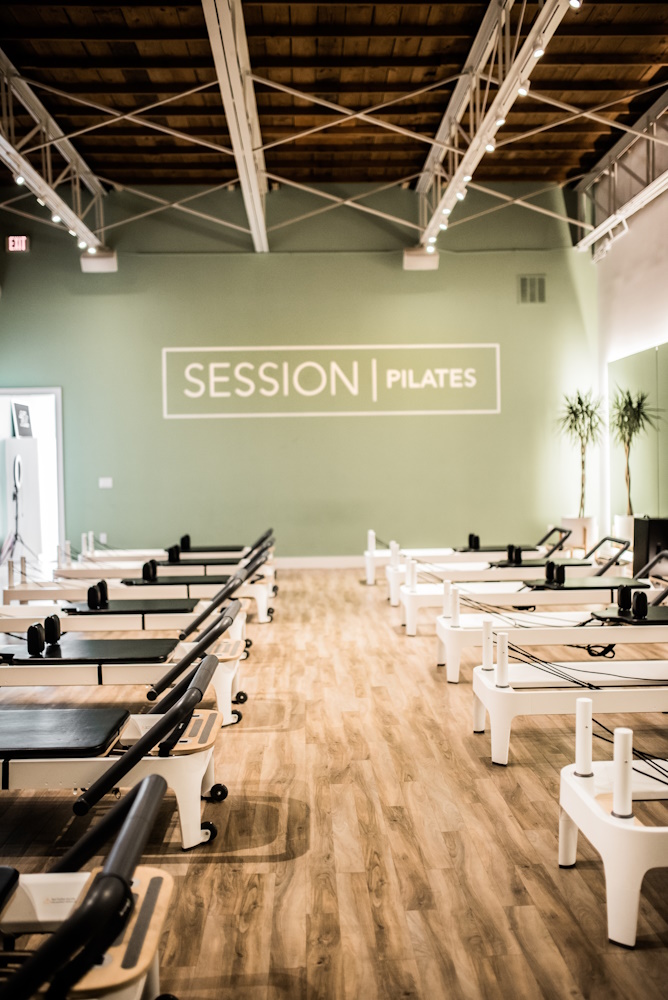Pilates, a widely practiced exercise system focused on improving physical strength, flexibility, and mental awareness, was invented by Joseph Pilates. Born in Germany in 1883, Joseph Pilates had a life deeply rooted in physical fitness and health. His father was a gymnast, and his mother was a naturopath, providing a foundation that influenced his approach to health and wellness.
Joseph Pilates began developing his fitness method during World War I while interned in a British camp due to his German citizenship. He taught fellow inmates, rigging springs to hospital beds, creating the early versions of the equipment used in Pilates today. This experience allowed him to observe the rehabilitative benefits of his exercises, motivating him to further refine and expand his techniques.
Joseph Pilates’ invention of Pilates was motivated by a desire to improve the physical and mental well-being of individuals, particularly in terms of rehabilitation and overall fitness. He believed that mental and physical health were interconnected and that his exercises could restore balance and strength to the body.
What is the backstory of Pilates?
The backstory of Pilates is deeply entwined with the life and experiences of its founder, Joseph Pilates. Raised in a household where physical fitness was valued, he began studying various exercise forms, including yoga, martial arts, and ancient Greek and Roman exercise regimes.
In 1912, Joseph Pilates moved to England and worked as a self-defense instructor for detectives at Scotland Yard. During World War I, he was interned and began refining his exercise system, incorporating movements and principles he had studied throughout his life. After the war, he immigrated to the United States and established his studio in New York City, where he continued to develop and teach his method, eventually gaining a dedicated following.
The backstory of Pilates reflects Joseph Pilates’ passion for movement, his diverse study of physical disciplines, and his commitment to improving health and well-being through a comprehensive exercise system.
What was Pilates originally invented for?
Pilates was originally invented by Joseph Pilates as a method to rehabilitate and strengthen the human body, emphasizing a balanced development of the body, mind, and spirit. Joseph Pilates initially referred to his system as “Contrology,” highlighting the importance of conscious control over muscle movements.
The original purpose of Pilates was to aid injured soldiers during World War I, using a system of exercises and equipment that focused on resistance and controlled movements. Over time, as Joseph Pilates continued to refine and adapt his system, it expanded to benefit a broader audience, including dancers, athletes, and individuals seeking to improve their overall fitness.
The method aimed to enhance flexibility, muscular strength, and mental awareness while promoting efficient movement patterns and proper alignment. Today, Pilates is widely used for rehabilitation, general fitness, and as a complementary practice in sports training.
What religion does Pilates come from?
Pilates does not originate from a specific religion. Joseph Pilates, the creator of Pilates, drew inspiration from various movement disciplines, including yoga, martial arts, ancient Greek and Roman exercise, and gymnastics. While he was exposed to different cultures and their physical practices, he did not base Pilates on any religious doctrine.
Pilates is fundamentally a system of physical exercise and movement aimed at improving strength, flexibility, and body awareness. It is inclusive and accessible to people of all backgrounds and beliefs, aligning with a holistic approach to health and well-being without being tied to any particular religious faith.
In summary, Pilates was invented by Joseph Pilates, drawing on his early exposure to physical fitness, rehabilitation experiences during World War I, and a deep-rooted belief in the interconnectedness of physical and mental health. The backstory of Pilates is intimately tied to Joseph Pilates’ life experiences and passion for movement. Originally, Pilates was created to aid injured soldiers but evolved to benefit a broader audience, promoting a balanced development of the body, mind, and spirit. Pilates is not associated with any specific religion; rather, it is a versatile exercise system accessible to individuals from all walks of life.
